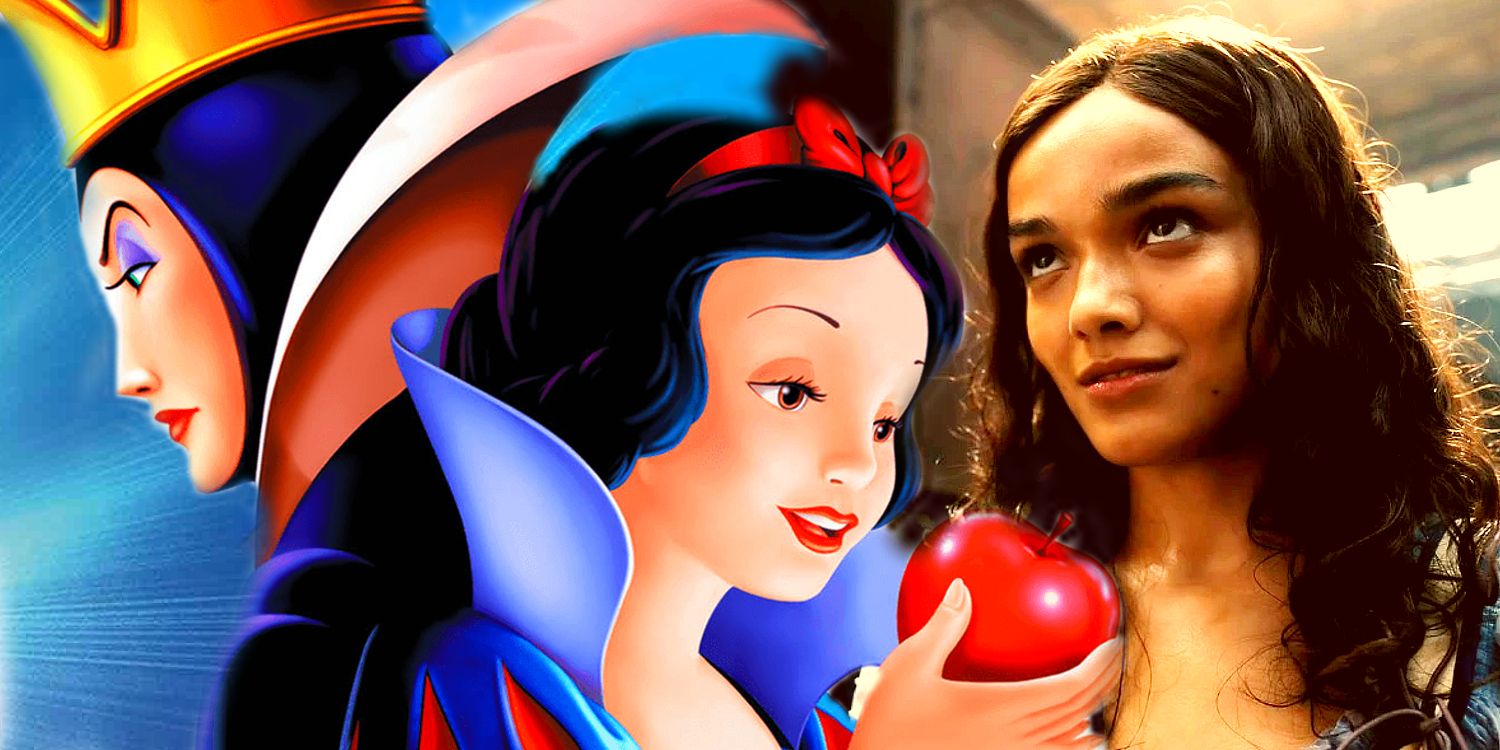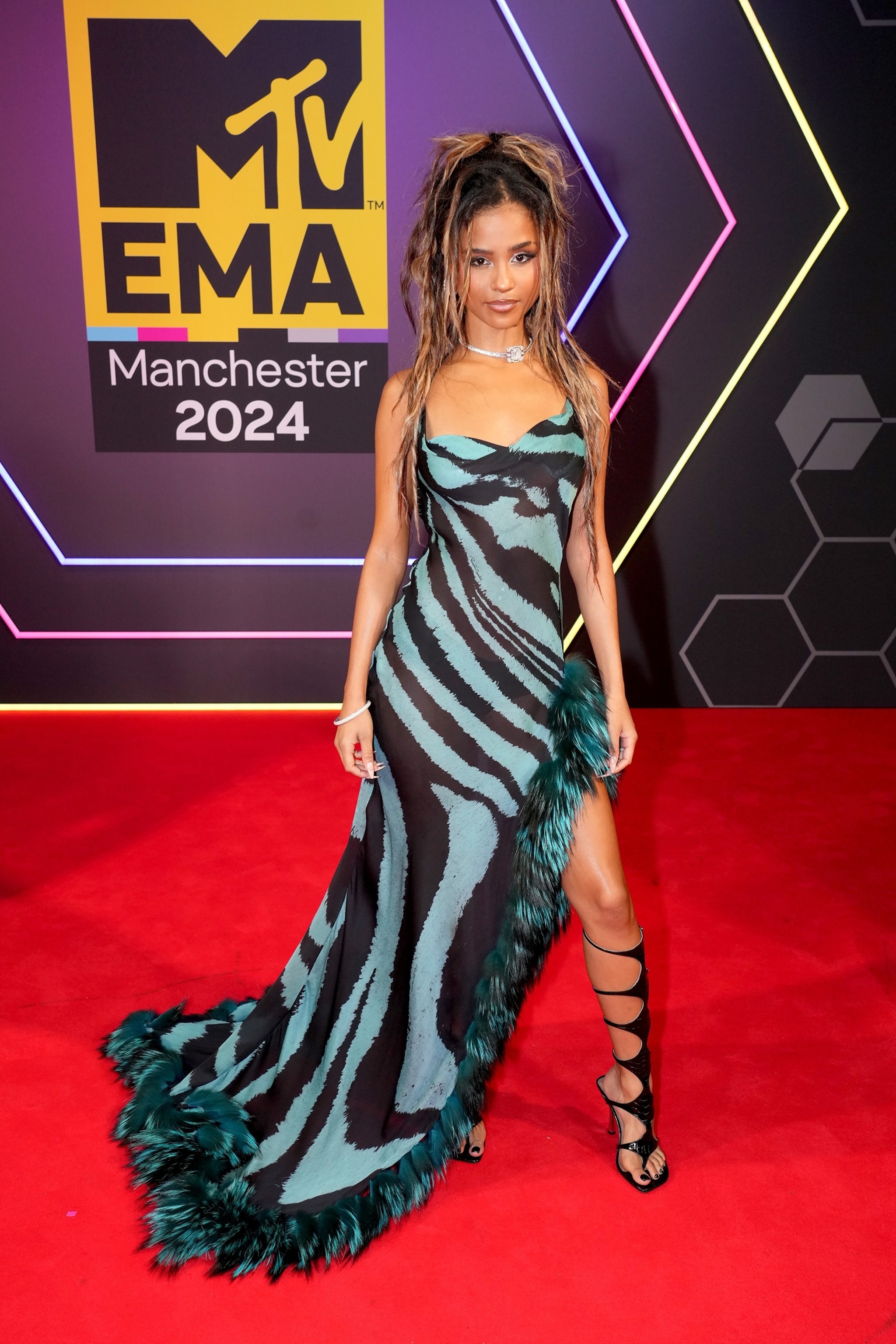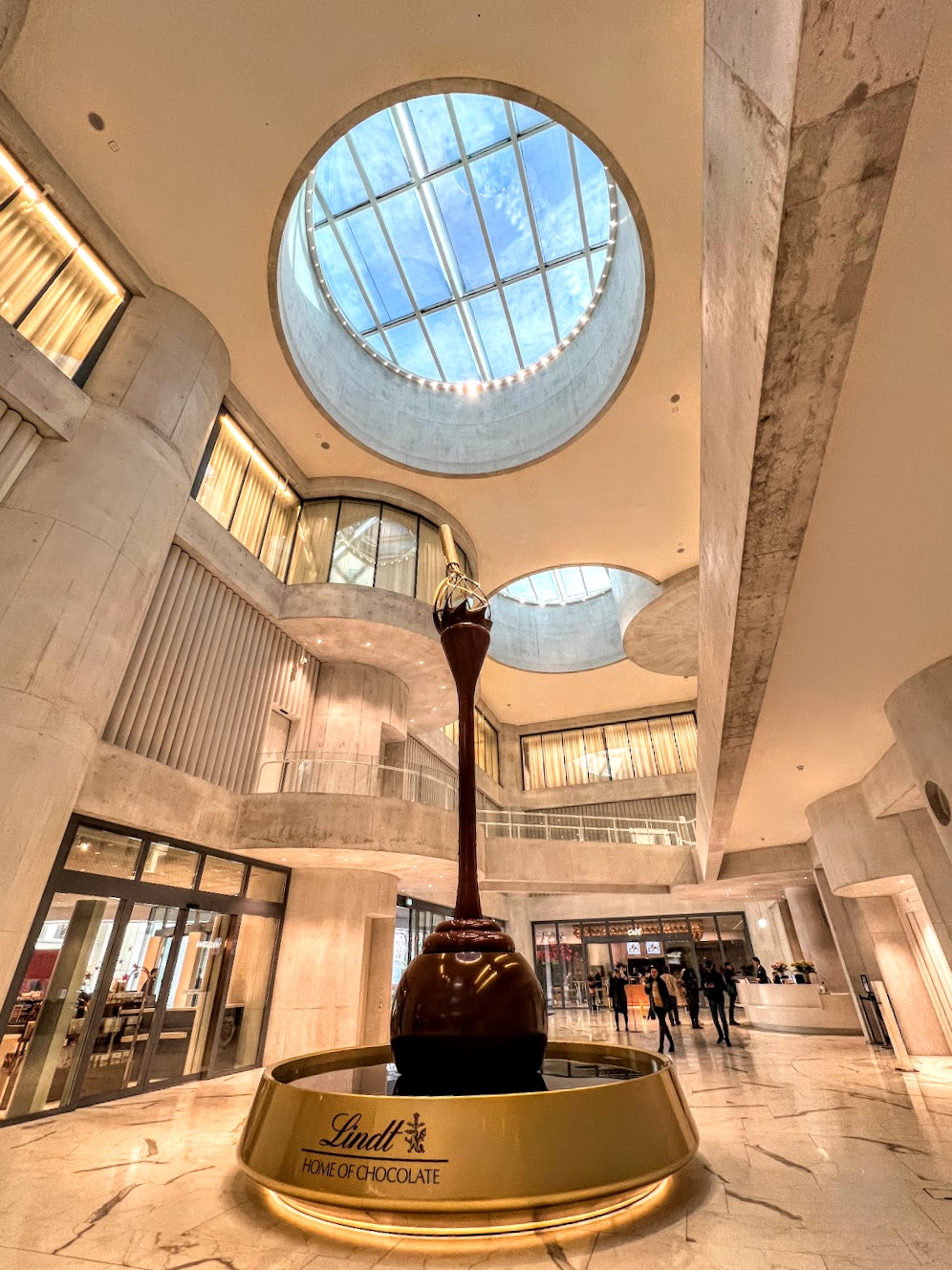Disney's Snow White Remake: Addressing The Biggest Issue

Table of Contents
The Historical Context of Snow White
Snow White's Original Fairytale
The original Brothers Grimm fairytale, published in 1812, offers a starkly different Snow White than the Disney princess we know. The historical context is crucial: women held significantly less power, and the narrative reflects the patriarchal norms of the time.
- Patriarchal Elements: Snow White's agency is severely limited; she's largely passive, relying on the prince for rescue.
- Damsel-in-Distress Trope: The story reinforces the damsel-in-distress trope, highlighting female vulnerability and dependence on male figures.
- Limited Agency: Snow White's actions are mostly reactive, demonstrating a lack of control over her own destiny. The story's focus on her beauty and passivity reflects societal expectations of women at the time.
Disney's 1937 Animated Adaptation
Disney's 1937 animated adaptation significantly softened the Grimm fairytale, shaping our modern understanding of Snow White. This adaptation, while undeniably charming, still retained some elements of the original's passive female protagonist.
- Animation Style and Musical Numbers: The animation style and incorporation of musical numbers created a more palatable and less overtly dark narrative.
- Lasting Impact: Disney's version cemented Snow White's image in popular culture, influencing generations' perceptions of her character and fairytales in general. This version, however, arguably perpetuated the damsel-in-distress trope.
Rachel Zegler's Casting and the Subsequent Backlash
The Announcement and Initial Reactions
The announcement of Rachel Zegler, a Latina actress, as Snow White sparked a wide spectrum of reactions.
- Positive Reactions: Many celebrated the casting as a step towards greater representation and diversity in Hollywood, highlighting the importance of seeing oneself reflected in iconic roles.
- Negative Reactions: Conversely, some criticized the choice, arguing it deviated from the traditional portrayal of Snow White, raising concerns about historical accuracy and "political correctness."
Analyzing the Criticism
The criticisms leveled against Zegler's casting varied, but several recurring themes emerged.
- Historical Accuracy: Some argued that deviating from the original fairytale's description of Snow White as a fair-skinned princess compromises historical accuracy.
- Faithfulness to Source Material: Others questioned whether modern interpretations should prioritize inclusivity over faithfulness to the original story.
- "Political Correctness": A common criticism accused Disney of prioritizing "political correctness" over artistic merit, suggesting the casting choice was driven by social pressure rather than artistic vision. However, many counter this by arguing that inclusivity is artistic merit.
Reimagining Fairytales for Modern Audiences
The Importance of Representation and Diversity
Diverse representation in media is crucial for fostering inclusivity and challenging outdated stereotypes. Seeing oneself reflected positively in film can have a profound impact on a viewer's self-esteem and sense of belonging.
- Positive Impact: Diverse casting can inspire and empower younger generations, particularly those from underrepresented groups.
- Successful Examples: Films like "Black Panther" and "Crazy Rich Asians" demonstrated the box office success and positive critical reception that can result from diverse casting choices.
Balancing Authenticity and Modern Interpretation
Adapting classic fairytales for a modern audience requires a careful balance between honoring the source material and reflecting contemporary values.
- Thoughtful Updates: Updating classic narratives to reflect modern sensibilities doesn't necessitate a complete overhaul. Subtle changes that address outdated tropes without sacrificing the core story's essence can be highly effective.
- Successful Adaptations: Many successful adaptations, such as certain versions of "Cinderella" and "Beauty and the Beast," demonstrate that updating fairytales can enhance their relevance and appeal without sacrificing their charm.
The Broader Implications for Disney and the Film Industry
Disney's Commitment to Diversity and Inclusion
Disney has made strides toward increasing diversity and inclusion in its films, though challenges remain.
- Examples of Diverse Casting: Films like "Encanto" and "Raya and the Last Dragon" feature diverse casts and stories, reflecting a growing commitment to inclusivity.
- Ongoing Efforts: However, critics continue to point out areas where Disney can improve its representation and inclusivity efforts.
The Future of Fairytale Remakes
The controversy surrounding the Snow White remake will likely influence future fairytale adaptations.
- Casting Decisions: Future casting decisions will likely be made with greater awareness of the potential for both positive and negative reactions.
- Story Adaptations: Storylines might be adapted more thoughtfully to reflect contemporary values and avoid potentially controversial elements.
Conclusion
The debate surrounding Disney's Snow White remake highlights the complex interplay between honoring classic stories and the need for diverse and inclusive representation in modern filmmaking. The historical context of the original fairytale, the implications of Rachel Zegler's casting, and the broader discussions around representation and adaptation all contribute to a crucial conversation. Let's continue the conversation about Disney's Snow White remake and the crucial role of representation in modern filmmaking. Share your thoughts and perspectives on this important issue!

Featured Posts
-
 Tyla And Chanel A Powerful Collaboration
May 14, 2025
Tyla And Chanel A Powerful Collaboration
May 14, 2025 -
 Suits La And Its Ghostly Inhabitants Separating Fact From Fiction
May 14, 2025
Suits La And Its Ghostly Inhabitants Separating Fact From Fiction
May 14, 2025 -
 Lindt Launches Luxurious Chocolate Destination In Central London
May 14, 2025
Lindt Launches Luxurious Chocolate Destination In Central London
May 14, 2025 -
 Oqtf Paris Arrestation Apres Viol Dans Le Marais Victime Homme
May 14, 2025
Oqtf Paris Arrestation Apres Viol Dans Le Marais Victime Homme
May 14, 2025 -
 The Judd Sisters A Docuseries Exploring Family History And Heartache
May 14, 2025
The Judd Sisters A Docuseries Exploring Family History And Heartache
May 14, 2025
